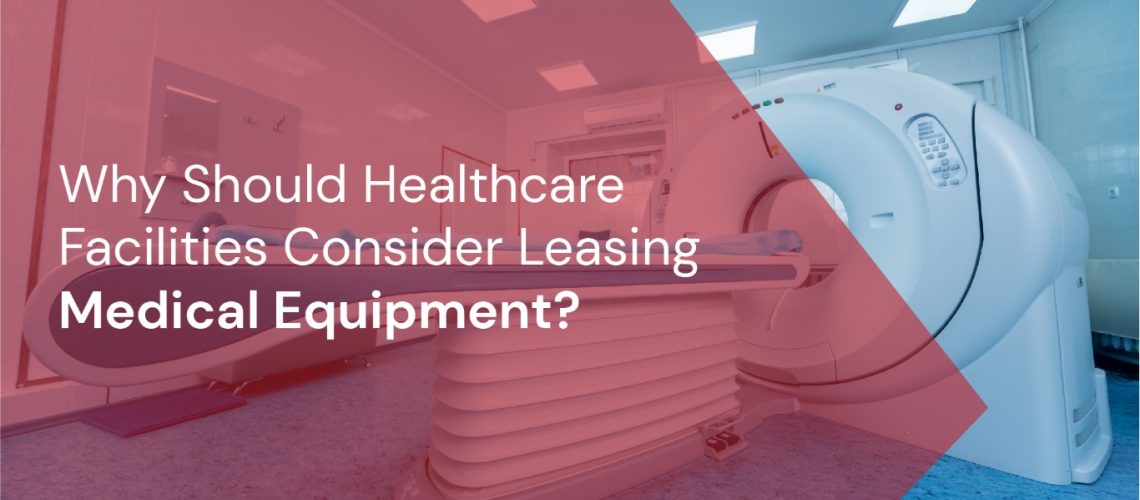Meta Description: Accessing efficient medical equipment is vital in enabling you to offer top-notch care. Thus, the number of equipment required by healthcare facilities is growing.
Leasing medical equipment is the answer for most healthcare networks and medical practices. Leasing equipment is a practical option for acquiring the equipment required to offer top patient care while remaining flexible and conserving cash.
Considering the federal command that requires the efficient use of EHR (Electronic Health Records), technologically advanced treatment options, and diagnostic equipment, much of this equipment has a big price tag. A large amount of cash required to buy equipment can be challenging for today’s healthcare providers, affecting their business operations.
But leasing makes much sense, with equipment suppliers offering attractive terms and more perks like continuous maintenance programs. It would be best to get it right to avoid the equipment breaking down during patient medical procedures. That being said, let’s look at the advantages of leasing medical equipment.
1. Low Initial Cost
Usually, no down payment is required when leasing equipment; hence, the cost is uniform during the leasing period. Purchasing advanced medical equipment like a PCR system is expensive, yet leasing allows a cheap initial payment, then clearing the rest in installments.
2. Flexibility
Leasing medical equipment allows you to update your equipment when your lease expires. The speedy advancement of technology increases the quality of medical care. Indeed, this is a significant advantage of leasing over buying. You will have the economic flexibility to obtain the newest technology that will benefit your patients.
3. Finance Services
Training help and various services are vital to acquiring new equipment, especially when developing EHR systems (Electronic Health Records) and different healthcare technology. But in decision-making, these “soft costs” are usually overlooked.
4. Lessor’s Reliability After Leasing medical equipment
Before you sign the lease agreement, research the lessor by going through their website and reading the testimonials and reviews from past lessees. Alternatively, you can contact their former clients to confirm the vendor’s reliability and their rise to equipment breakdown to minimize downtimes.
5. Lease-to-Own Options
Depending on the contract and your vendor, which usually last two to five years, you may structure your payments to apply to the last sale at the lease agreement’s end, giving you permanent ownership of the machine. Various contract option permits you to renew or extend your lease with different parameters, with a choice of upgrading to newer equipment.
Final Thoughts
Leasing medical equipment is a worthy option for hospitals that desire to keep pace with evolving technology without spending much purchasing medical equipment. All these factors will pay off when you lease your medical equipment.
Additionally, leasing equipment is a practical option for any facility or type of practice. The flexibility, upgrade opportunities, lease-to-own options, lessor’s reliability, finance services, and cost savings will make it an alluring business practice, allowing you to offer up-to-date technologies accessible in patient care. Are you looking to lease medical equipment? Reach out to us for excellent services.
